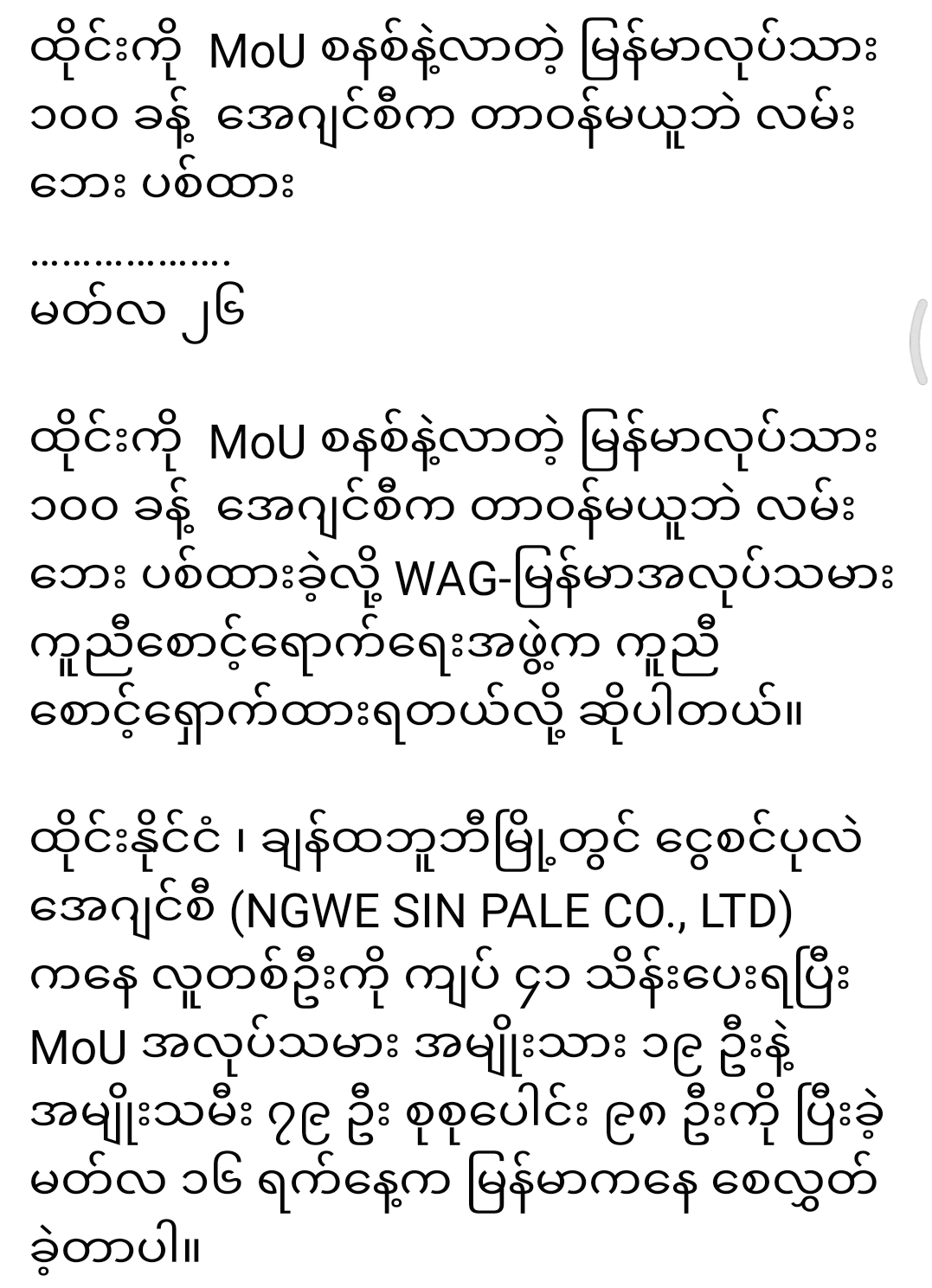Sponsored 
In today’s digital era, small businesses face the colossal task of standing out in a saturated market. Digital marketing presents a golden opportunity to connect with potential customers, engage with existing ones, and build a brand that resonates across digital platforms. But where do you start, and how can you ensure your efforts yield tangible results? This guide demystifies the process, offering actionable strategies tailored for small businesses venturing into the digital marketing arena.
Understanding Digital Marketing
The Importance of Digital Marketing for Small Businesses
Digital marketing levels the playing field, offering small businesses the chance to compete against larger enterprises with more modest budgets. Its importance cannot be overstated; it’s the bridge connecting your business with the vast digital audience seeking your products or services.
Key Components of Digital Marketing
At its core, digital marketing spans several critical areas: content marketing, search engine optimization (SEO), social media, email marketing, and paid advertising. Understanding these components is the first step towards crafting a strategy that amplifies your online presence.
Developing Your Strategy
Identifying Your Target Audience
Knowing who you’re speaking to is crucial. Define your audience based on demographics, interests, and behaviors to tailor your message and choose the right platforms.
Setting Clear Objectives
What do you want to achieve with your digital marketing efforts? Increased brand awareness, more leads, or higher sales? Set SMART (Specific, Measurable, Achievable, Relevant, Time-bound) objectives to guide your strategy.
Budget Allocation
Digital marketing can be cost-effective, but it’s essential to allocate your budget wisely across different channels to maximize ROI.
Effective Digital Marketing Strategies
Content Marketing
Creating valuable content establishes your brand as an authority and attracts organic traffic. Blogging and video content are potent tools for engaging your audience.
SEO (Search Engine Optimization)
Optimizing your website and content for search engines increases visibility and drives traffic. Focus on both on-page and off-page SEO to enhance your rankings.
Social Media Marketing
Social media platforms are invaluable for building relationships with your audience. Choose platforms where your target audience is most active and develop strategies to boost engagement.
Email Marketing
Email marketing remains a powerful tool for direct communication. Build a subscriber list and craft emails that provide value, prompting readers to take action.
Paid Advertising
Investing in paid ads, like Google Ads and social media ads, can quickly increase your visibility and drive targeted traffic to your website or landing page.
Analyzing and Adjusting Your Strategy
Tools for Tracking Success
Utilize analytics tools to measure the effectiveness of your digital marketing efforts. These insights help in refining your strategy for better results.
Making Necessary Adjustments
Be prepared to tweak your strategy based on performance data. The digital landscape is ever-changing, and flexibility is key to staying ahead.
Conclusion
For small businesses, the digital marketing world offers a plethora of opportunities to grow and thrive. By understanding the basics, developing a well-rounded strategy, and continually optimizing your efforts, you can achieve significant digital presence and business growth. Remember, the journey doesn’t end with implementation; it’s about constant evaluation and adaptation.
FAQs
How much should small businesses spend on digital marketing?
Small businesses should typically allocate 7-10% of their gross revenue to marketing, and of that, about half should go towards digital marketing. This means roughly 3.5-5% of total revenue can be a good starting point for digital marketing expenditure. However, the exact budget can vary based on the business’s size, industry, and growth goals.
Can digital marketing replace traditional marketing?
Digital marketing cannot entirely replace traditional marketing for all businesses, as the effectiveness varies by industry, target audience, and objectives. While digital marketing offers precision targeting and analytics, traditional methods like print, broadcast, and direct mail still hold value in building brand awareness and reaching audiences less active online. A blended approach often yields the best results.
How long does it take to see results from digital marketing?
The timeframe to see results from digital marketing varies; some strategies yield quicker results than others. Paid advertising can drive traffic and conversions within days, whereas SEO and content marketing often take 3-6 months to start showing significant outcomes. Success depends on factors like strategy quality, budget, and market competition. Consistency and optimization over time are key to achieving and sustaining results.
Sponsored 





